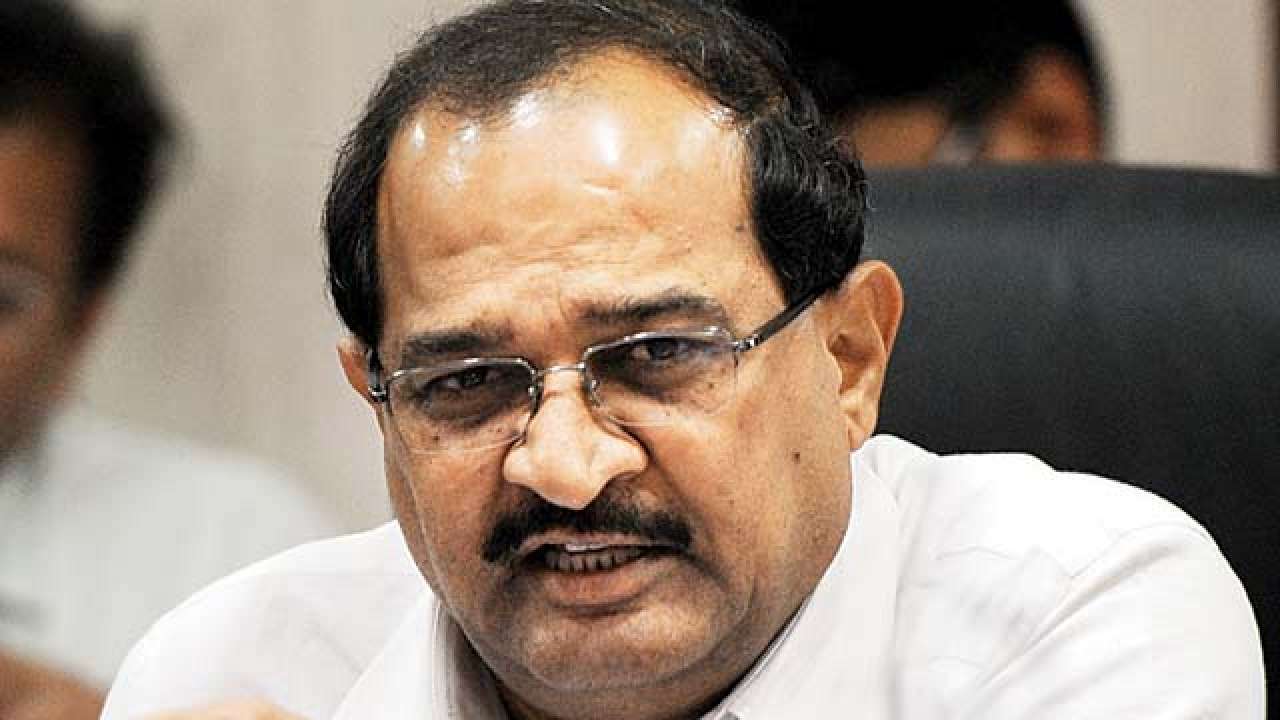Maharashtra government wants control of APMC, says Opposition

Radhakrishna Vikhe-Patil Radhakrishna Vikhe-Patil
The Opposition has criticized the state government's ordinance aimed at making amendments to the Maharashtra Agricultural Produce Marketing (Development and Regulation) Act saying it is trying to wrest control of democratically elected committees.
The state government promulgated the ordinance on October 25 which would enable it to declare select Agricultural Produce Marketing Committees as APMCs of National Importance. Also, instead of an APMC-elected body, a government nominated board will govern their affairs.
The changes were in keeping with the Centre's Model Agricultural Produce and Livestock Market Act 2017.
This move follows the government's decision to conduct weekly markets as a platform for farmers to sell produce directly to consumers.
The ordinance, if made into an amendment, will enable farmers to sell produce directly to consumers.
Maharashtra has more than 306 APMCs with locally elected members governing them. The government says its decision will help some of them become Markets of National Importance, on the lines of Delhi's Azadpur Mandi.
Thus they will be able to break the shackles of elected bodies to grow beyond local markets and also export produce. State says this can only happen if board members are replaced by professionals who encourage interstate trading as well as exports. Reacting strongly to this step, Leader of Opposition in the state Assembly Radhakrishna Vikhe-Patil said this move is meant to grab control of APMCs as Congress and NCP control most of its elected committees. He called it a back-door entry forced by government might into a democratically-elected set-up. He promised to raise this issue in the Winter session of the state Assembly.
Minister for Co-operation Subhash Deshmukh explained that APMCs get 30 per cent of their produce from two neighbouring states. Which is why the ordinance terms them as 'nationally important' APMCs.